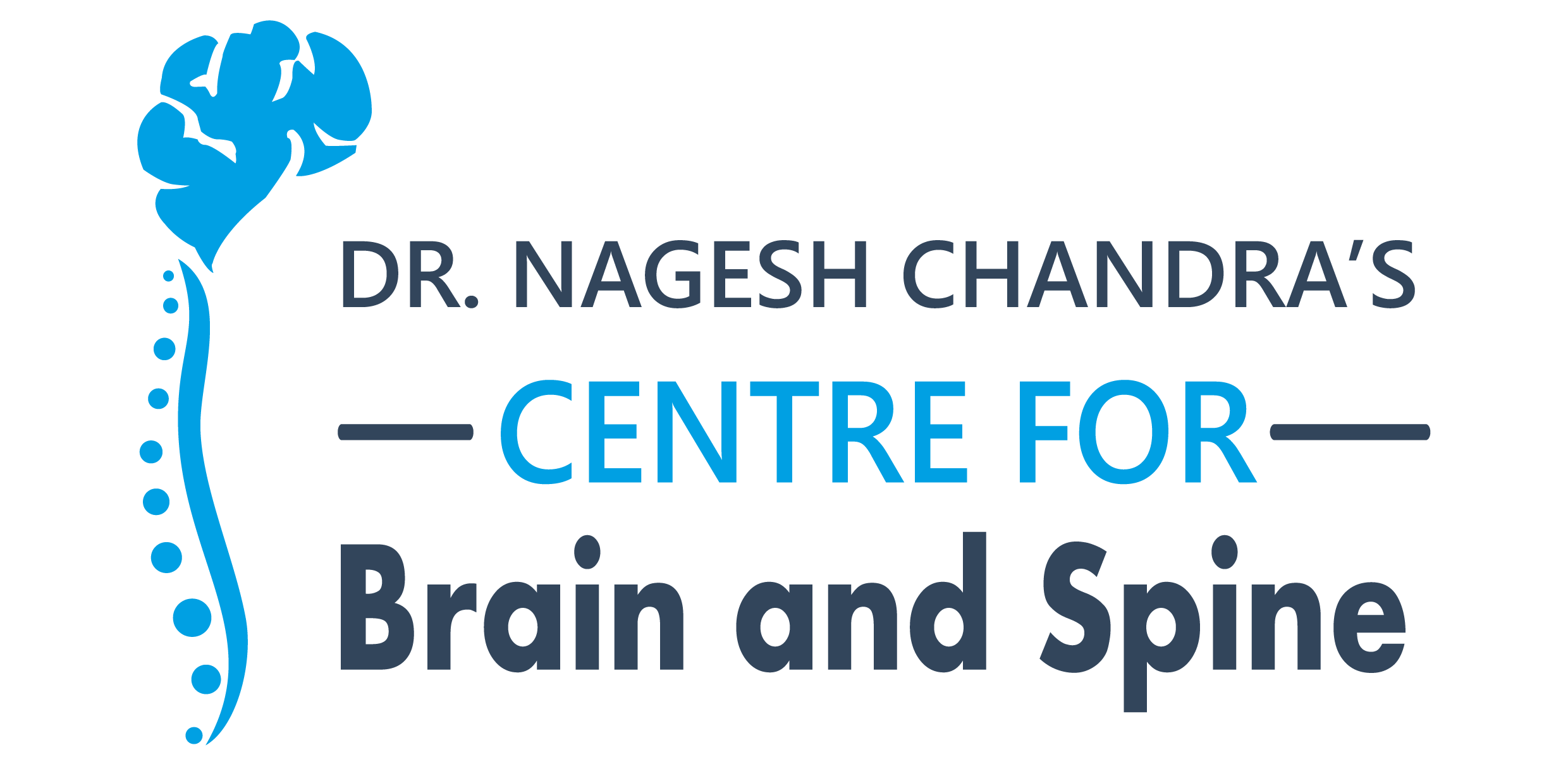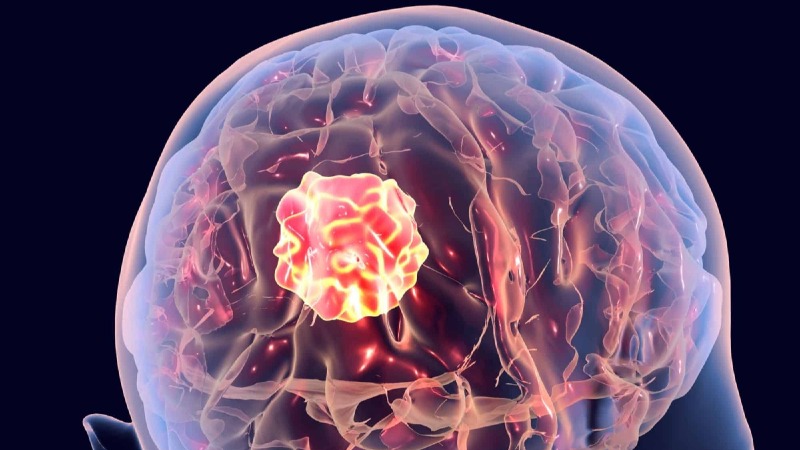Glioma—is a cancerous brain tumor, originating in the glial cells, deadliest adversaries to human health and around 33% of all brain tumors are glioma only. In this blog post, Dr Nagesh, one of the best neurology specialist in Delhi shares his insights on glioma, a type of brain tumor, classifications, symptoms, diagnosis and treatment
Gliomas originate from the glial cells, the supportive cells of the nervous system. Glial cells maintain the structural integrity of the brain and provide essential support to neurons. When these cells have abnormal growth, the consequence results in Glioma—a parasitic tumor within the brain.
The World Health Organization (WHO) classifies gliomas into four grades, ranging from Grade I to Grade IV, based on their aggressiveness and malignancy.
Grade I gliomas are the least aggressive and are referred to as low-grade gliomas. These tumors grow slowly and are less likely to invade nearby tissues.
As malignancy multiplies, Grade II gliomas present a moderate level of aggressiveness, posing a greater threat to the patient. However, the danger lies in Grades III and IV—high-grade gliomas. Glioblastoma multiforme (GBM), a Grade IV glioma, stands as the most cancerous and dangerous form, notorious for its rapid progression and grim prognosis.
Symptoms of Glioma
The early stages of glioma show as benign ailments (Small pigmented nevi or nevus-like lesions are known to grow and possibly evolve into cancerous melanomas), making early detection difficult. Headaches, nausea, and cognitive impairments are possible, allowing the tumor to silently burgeon within the confines of the skull.
As gliomas advance, it starts affecting brain functions, giving rise to more dangerous symptoms. Seizures, personality changes, and sensory deficits can occur, signalling the urgent need for a neurosurgeon’s assistance.
Diagnostic Challenges during this brain tumor
Gliomas’ location within the intricate web of the brain is difficult to access and study. Traditional imaging techniques, such as CT scans and MRIs, provide details about the affected but fall short in delivering an in-depth understanding of the tumor’s nuances.
Moreover, the heterogeneity of gliomas—their diverse cellular composition and genetic variations—complicates diagnosis and its accuracy. Molecular profiling in Delhi is must do requirement in such cases to evaluate the gliomas, allowing for more precise diagnoses.
What is Molecular Profiling?

Molecular profiling is a detailed analysis of the genetic and molecular characteristics of cells or tissues. It involves identifying specific molecules, such as DNA, RNA, and proteins, to understand the unique genetic makeup and behavior of a particular sample
Glioma Treatment in Delhi
The treatment for gliomas is decided with a lot of dilemmas among families, near and dear ones and even doctors because risk associated. Surgery, radiation therapy, and chemotherapy constitute the triad of treatment techniques, each with its own set of challenges:
- Surgical removal of gliomas aims to excise as much of the tumor as possible without compromising vital brain functions. However, the infiltrative nature of gliomas complete removal an unattainable objective. Brain tumor Surgery success is measured by how much of the tumor is taken out, not by eradicating it entirely.
- After surgery, radiation therapy comes into play. High-energy rays target the remaining cancer cells. It helps, but damaging healthy brain tissue is inevitable. Patients may experience cognitive decline, fatigue, and a risk of other cancers. Chemotherapy, too, has conflicts with the delicate balance between killing cancer cells and sparing normal ones, often subjecting patients to debilitating side effects. Nausea, fatigue, and a weakened immune system are common side effects.
- Immunotherapy is about boosting the body’s immune system to fight the tumor. It’s promising but comes with challenges, especially in dealing with the ways gliomas suppress the immune system.
Gliomas, especially high-grade glioblastomas, the survival rate for patients is dishearteningly short, measured in months rather than years. Despite aggressive treatments, the recurrence rate remains stubbornly high, underscoring the resilient and adaptive nature of these cancerous tumors. Unfortunately, stats show More than 90 & patients with high-grade Glioma tumours die within five years.
The financial burden of glioma treatment further compounds the ordeal, often leaving families grappling with exorbitant medical bills and the harsh reality of limited resources for a disease that demands limitless attention. Complete treatment of High-Grade Tumor with less than 100% success rate can start from 30 Lakhs and go to 1 Cr.
Brain tumor like Glioma demands unfiltered awareness and treatment at their initial stages to make them successful. Symptoms like regular headaches, nausea, and cognitive issues should never be ignored. You should see a neurosurgeon in Delhi or nearby urgently if you or your family member ever feel such symptoms
Frequently Asked Questions
Low Grade Glioma Brain Tumor can be cured with treatment options like surgery, chemotherapy etc. High Grade Glioma Brain Tumor does not have a proper cure.
33% of brain tumors are glioma. With brain tumor diagnoses in Delhi, it can be confirmed.
Surgery, Immunotherapy, Chemotherapy, and radiation therapy are some of the alternatives for Brain Tumor Treatment in Delhi
Glioma Brain Tumor Surgery in Delhi may cost between Rs. 3.5 Lakh to Rs. 8.5 Lakh

